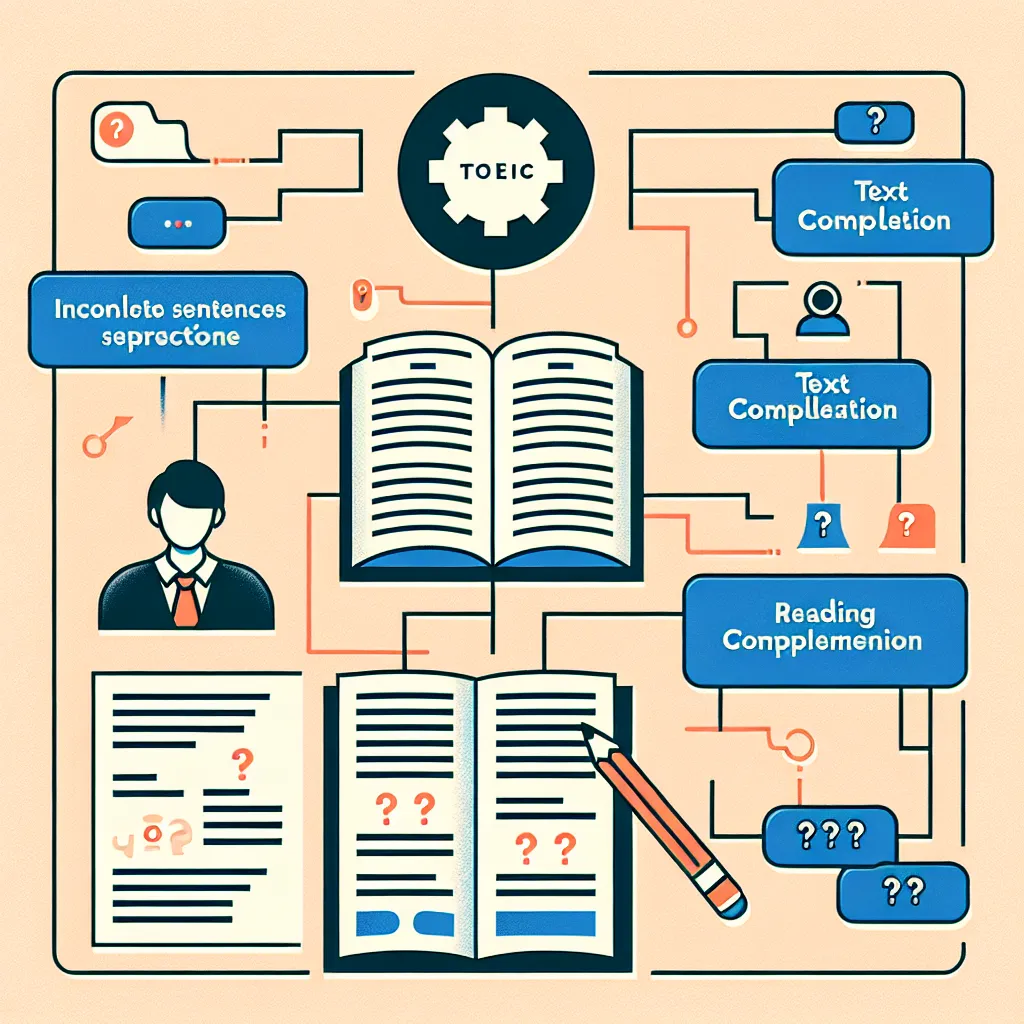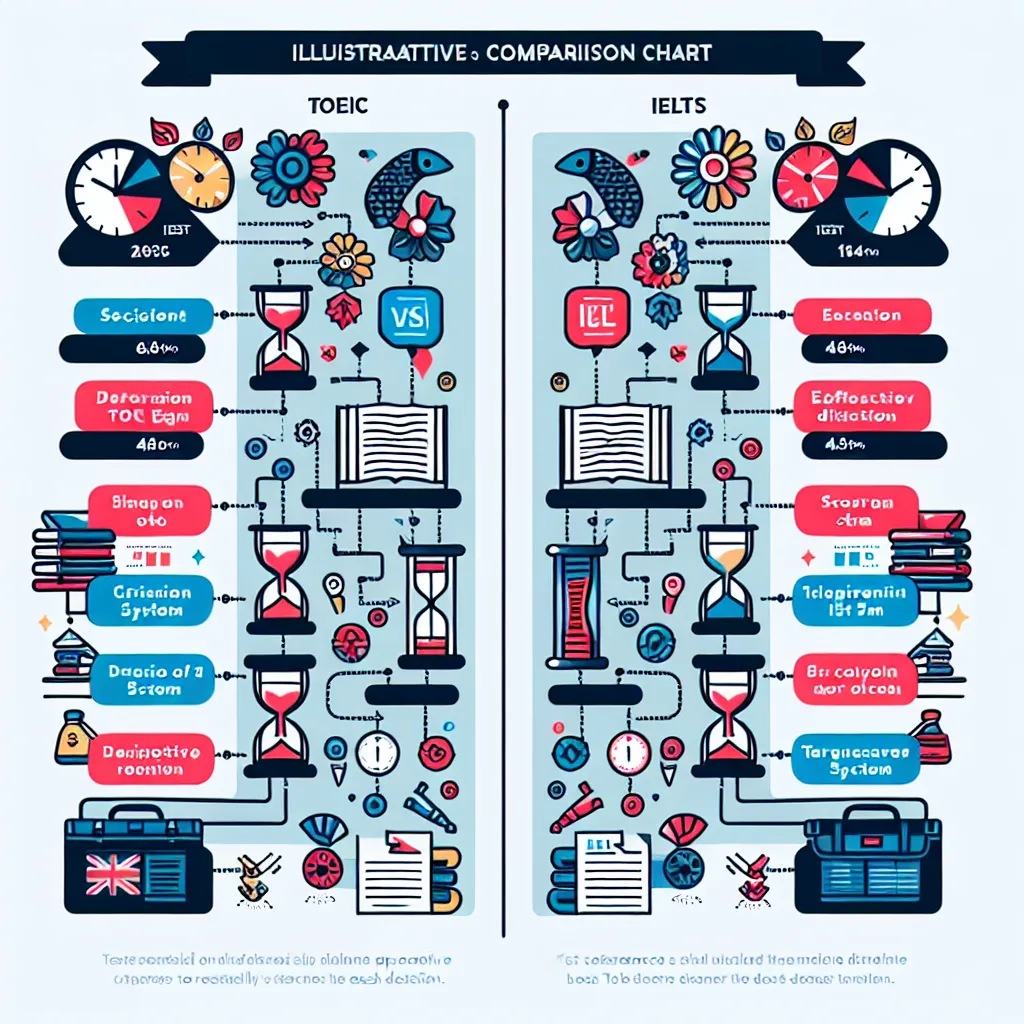In today’s globalized business environment, English proficiency has become an essential skill for career advancement. The Test of English for International Communication (TOEIC) is a widely recognized assessment tool that measures an individual’s ability to use English in professional settings. But just How Valuable Is The TOEIC In The Workplace? Let’s explore this question in depth and understand why many employers and employees consider TOEIC scores an important asset.
 TOEIC value in workplace
TOEIC value in workplace
Understanding TOEIC and Its Workplace Relevance
The TOEIC is designed to evaluate English language skills specifically for the business world. It assesses listening and reading comprehension, with optional speaking and writing tests. Unlike general English proficiency exams, TOEIC focuses on practical language use in professional contexts, making it particularly relevant for the workplace.
Why Employers Value TOEIC Scores
-
Objective Measure of English Proficiency: TOEIC provides a standardized score that allows employers to quickly gauge a candidate’s English language abilities.
-
Industry-Specific Language Skills: The test includes scenarios and vocabulary commonly encountered in business settings, reflecting real-world communication needs.
-
Global Recognition: TOEIC is accepted worldwide, making it useful for companies with international operations or clients.
-
Benchmark for Career Development: Employers often use TOEIC scores to set language proficiency requirements for promotions or overseas assignments.
The Impact of TOEIC on Career Opportunities
Having a good TOEIC score can significantly enhance your career prospects in several ways:
Enhanced Job Prospects
Many multinational corporations and even local companies that deal with international clients or partners look for candidates with proven English skills. A high TOEIC score can set you apart from other applicants and potentially lead to better job opportunities.
For example, a marketing professional with a TOEIC score of 850+ might be preferred for a position that involves communicating with English-speaking clients or creating content for international markets.
Career Advancement
Within organizations, TOEIC scores are often used as a criterion for promotions, especially for roles that require regular communication in English. Employees who demonstrate improved TOEIC scores over time may be seen as more committed to their professional development.
Higher Earning Potential
Studies have shown a correlation between English proficiency and earning potential. A report by EF Education First found that countries with higher English proficiency tend to have higher average incomes. On an individual level, employees with strong English skills (as evidenced by high TOEIC scores) may command higher salaries, particularly in roles that require frequent use of English.
TOEIC Scores and Workplace Performance
While a high TOEIC score is valuable, it’s important to understand how it translates to actual workplace performance.
Correlation with Job Performance
Research has indicated a positive correlation between TOEIC scores and job performance in roles requiring English use. A study by the Educational Testing Service (ETS) found that employees with higher TOEIC scores were rated more favorably by supervisors in terms of their communication skills and overall job performance.
Practical Application of TOEIC Skills
The skills tested in TOEIC directly apply to common workplace tasks:
- Listening Comprehension: Understanding conference calls, presentations, and instructions from English-speaking colleagues or clients.
- Reading Comprehension: Interpreting emails, reports, and business documents accurately.
- Speaking (optional test): Participating effectively in meetings, giving presentations, and engaging in business negotiations.
- Writing (optional test): Crafting clear and professional emails, reports, and other business communications.
Maximizing the Value of Your TOEIC Score
To make the most of your TOEIC score in the workplace:
-
Highlight Your Score: Include your TOEIC score on your resume and professional profiles, especially if it’s above average for your industry.
-
Continuous Improvement: Regularly retake the TOEIC to show ongoing commitment to improving your English skills.
-
Practical Application: Actively seek opportunities to use English in your current role, even if it’s not a primary requirement.
-
Complementary Skills: Pair your TOEIC score with other professional certifications or skills to create a more compelling professional profile.
Limitations and Considerations
While TOEIC is valuable, it’s not the only factor in workplace success:
- Cultural Competence: TOEIC doesn’t measure cultural understanding, which is crucial in international business.
- Specific Industry Knowledge: High TOEIC scores don’t guarantee expertise in industry-specific terminology or concepts.
- Soft Skills: Communication involves more than language proficiency; skills like empathy and adaptability are also important.
Conclusion
The TOEIC is undoubtedly a valuable asset in the workplace, offering a standardized measure of English proficiency that is directly applicable to business contexts. Its global recognition, focus on practical language skills, and correlation with job performance make it a worthwhile investment for professionals aiming to advance their careers in an increasingly interconnected business world.
However, it’s important to view TOEIC as part of a broader skill set. While a high score can open doors and create opportunities, it should be complemented by continuous practical application of English skills, cultural awareness, and ongoing professional development.
For those looking to enhance their career prospects, preparing for and taking the TOEIC can be a strategic move. It not only improves your English skills but also demonstrates to employers your commitment to professional growth and global communication.




